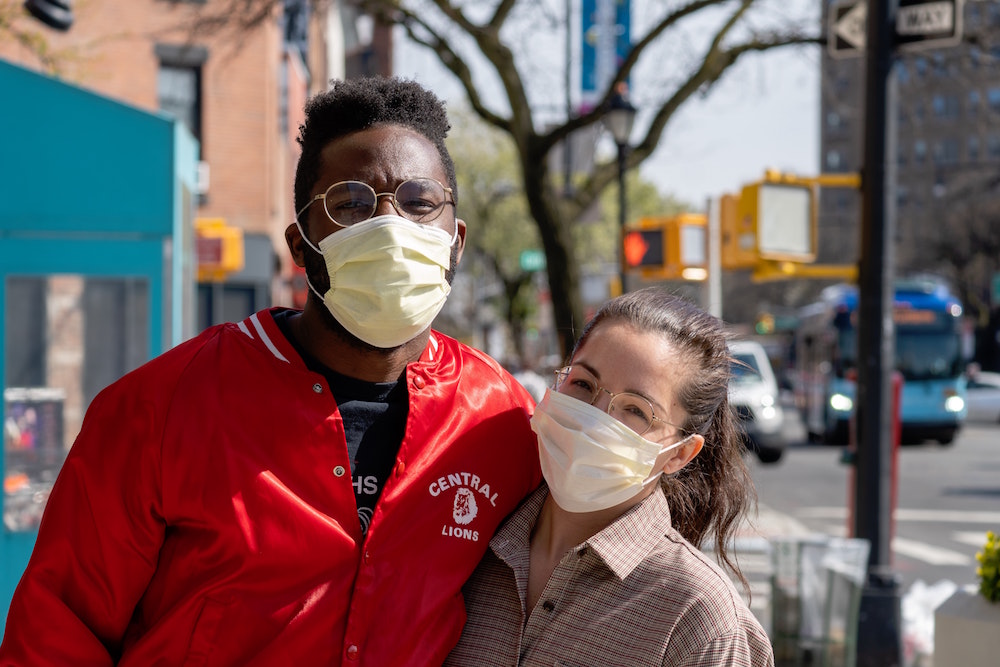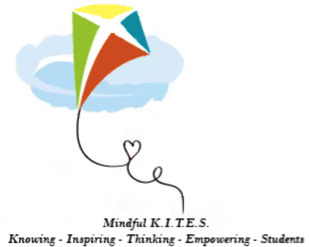
In many ways, it’s a though a ‘pause’ button has been pressed on our lives, and is being released slowly. We may be experiencing a whole host of emotions during this time, such as anxiety, elation, excitement, fear, worry, anger or concern. We know that these are unprecedented times for our generation, and that long-term vision is needed as things re-open slowly, since there is as yet no vaccine available against covid-19, and realistically, it may take between 18 months to 2 years for an effective vaccine to be widely available. That means that measures such as mask wearing in public, physical distancing and avoidance of large social gatherings are likely to be in place for the foreseeable future.
As businesses and services start to open up slowly, we might face real challenges such as balancing work and child care/online schooling, or maintaining physical distancing in the workplace. Other legitimate concerns may be a concern about financial losses, job uncertainty, or anxiety about our infection risk.
On the other hand, if we choose to look at this in a different way, what opportunities are there as we return?:
- Are there any new ways of working we can adopt (flexi-time, work from home, or alternate day working perhaps)?
- Are there any new skills we can attain? Are there any online courses we can take which may broaden our knowledge or improve our skills in the workplace? A number of international university online short courses have been available for free or at reduced cost.
- Is there anything we can do to declutter or simplify our lives? The stay at home period may have taught us that we don’t actually need a lot of physical stuff to be happy.
- Is there a better appreciation for nature? There’ve been many reports of clearer skies, reduced pollution and the return of wildlife worldwide. Perhaps there’s an opportunity for us to continue to have an appreciation for Mother Nature moving forward.
- Could we adopt new healthy habits? For instance, could we develop a small home garden and start growing more of our own herbs, fruits or vegetables?
- Could we maintain closer family connections? Physical distancing doesn’t mean social disconnection. Is there an opportunity to establish regular connection with close family and friends, via regular phone calls or social media?
One of my favourite exercises is something proposed by Helen Doyle (Forbes magazine), who recommends that we consider which aspects of ‘normal’ we want to return to. In particular, she proposes that we look at things in our lives in 4 categories:
- What new things will we keep? (eg shopping local, family movie night, having a herb garden or taking a regular outdoor walk.)
- What new things will we cease? (For example, perhaps our new-found TV binging no longer serves us well.)
- What old things will we reinstate? (Maybe restarting our walks around the Savannah?)
- What old things will we drop? (For example, did we have old expensive habits or toxic relationships?)
Having considered these, how do we move forward? Here are some tips:
- Remember self- care – this is an important part of maintaining our resilience in uncertain times. This includes eating healthy meals, exercising and looking after our bodies, getting enough sleep and so on.
- Practise self-compassion. This is new for all of us, and we won’t always get it right, so be gentle with yourself.
- Breathe, and take time to do what you need to re-boot when you can if you feel overwhelmed. For instance, do you need to listen to some music, have a cup of tea, take a walk or read a good book?
- Remember what’s in our immediate control. We may not be able to control when a vaccine becomes available, but we can control things that we do to keep our family safe such as handwashing or safely managing our sneezes and coughs).
- Keep your support networks. Physical distancing not social disconnection! It’s important to maintain regular contact with those who care about, whether that’s by scheduled virtual date, Zoom party, Face Time or phone call.
- Consider who do want to be? What have you learnt about yourself during the stay-at-home period and what character traits would you like to bring with you as you return to ‘normal’? Will you be someone who innovates or supports others in need?
- Consider if you can work in any new or different ways. The Trinidad and Tobago Chamber of Industry and Commerce has a number of free webinars on reshaping and restructuring your business during covid-19, available at: https://chamber.org.tt/ourwebinars/reshape-your-business-model.
Remember most of all to look after and be gentle with yourself, and connect with your support networks. If you feel you need additional help, there are resources out there…for example, the Trinidad and Tobago Association of Psychologists have established a free service to support people coping with covid-19. More information is available at www.psychologytt.org.
